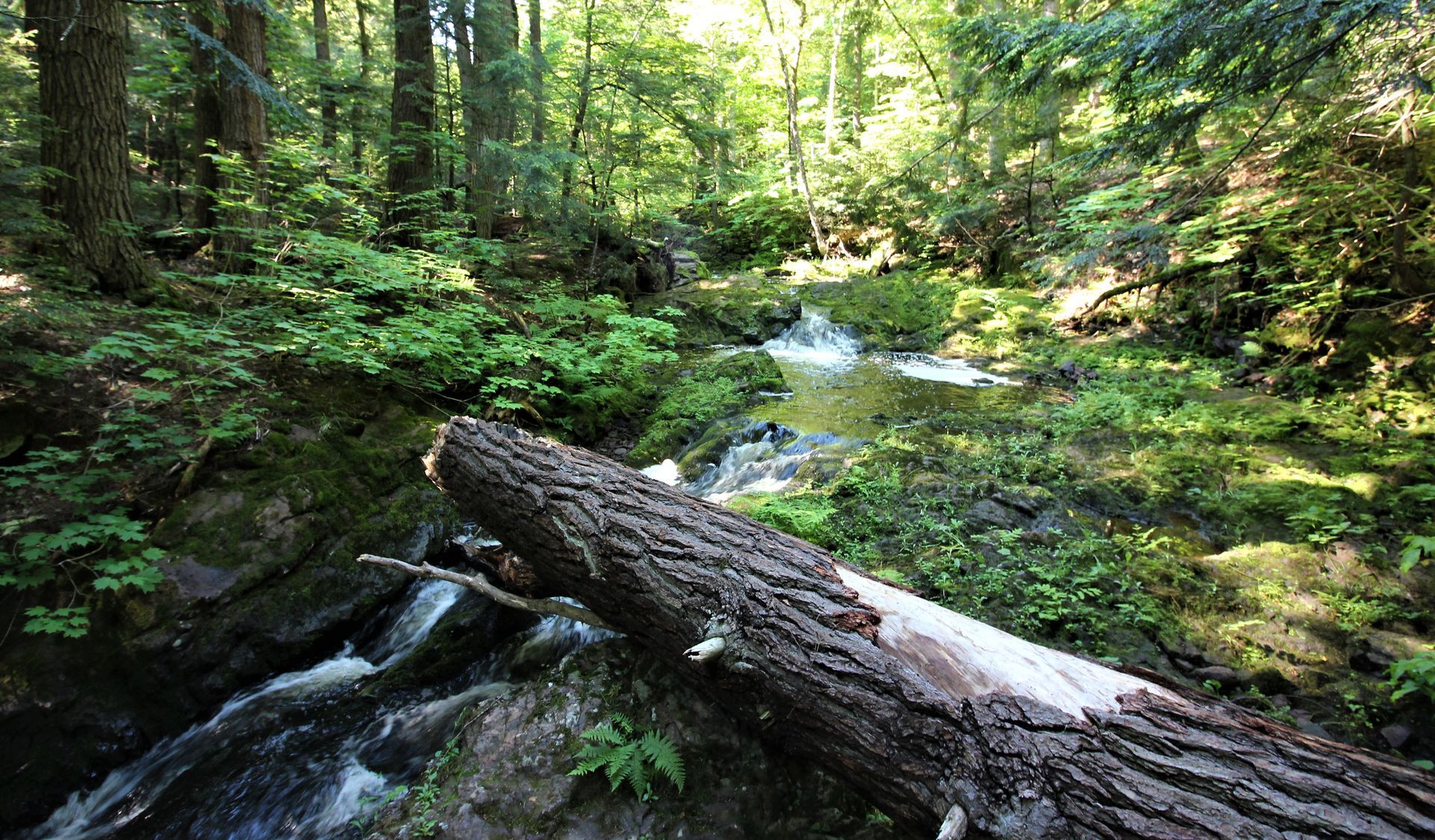Judge rules to extend decree, denies expanding tribal fishing zones
The 2000 Great Lakes Consent Decree between the state, the federal government and five sovereign Native American tribes has been extended per an order handed down by a federal judge last week.
In early July, the Sault Ste. Marie Tribe of Chippewa Indians filed a motion in federal court in the Western District of Michigan to extend the decree until Nov. 6 despite the other six parties asking for an extension through the end of the year.
Since 1985, a large portion of Michigan’s Great Lakes fishery has been divided up under an agreement between the five tribes and the state. This agreement was negotiated through the federal court system through a “consent decree” that applied to what is known as the 1836 Treaty Waters. The treaty waters extend from the mouth of the Grand River in Lake Michigan to Alpena in Lake Huron and from Sault Ste. Marie to almost Marquette on Lake Superior.
Each tribe, per the consent decree, was granted rights to fish in home waters, where tribal commercial fishers are free to fish and others are not. Other areas of the Great Lakes were reserved for sportfishing, and some areas were shared between the tribes and the sport fishery.
“This ruling is helpful in bringing all parties back to the table,” said Michigan United Conservation Clubs (MUCC) Executive Director Amy Trotter. “Continuing a strong, collaborative relationship with everyone involved will be the best way to ensure a shared fisheries resources moving forward. We all need this negotiation process to work to achieve that goal and form a consensus.”
Judge Paul Maloney handed down the ruling on July 24 by accepting the proposal of the state, four tribes and the United States to extend the 2000 Consent Decree past its August 8 expiration until December 31. The court was “extremely concerned” with allowing the 2000 Consent Decree to expire and leaving no regulation in place regarding the co-management of the shared resource.
The court rejected a request by the Sault Tribe to modify the 2000 Consent Decree by removing exclusive zones while the parties worked towards a negotiated agreement. Removal of the zones would have opened the northern half of lakes Michigan and Huron to tribal fishing by all tribes — which would have nullified the “home waters” concept agreed upon in the previous decree.
The court also ordered former Michigan Supreme Court Chief Justice Michael Cavanaugh, who is serving as a mediator in the negotiations, to file a report on the progress of the negotiations no later than August 31. In addition, the court also asked that any requests for extensions beyond Dec. 31, if needed, be filed no later than Dec. 10.
“We are very pleased that the Court has extended the decree as is and has allowed tribal and state-licensed anglers to continue fishing under the rules that have applied for the last 20 years,” said Tony Radjenovich, president of the Coalition to Protect Michigan Resources (CPMR). “We look forward to the continuing negotiations and toward making some real progress in the coming months.”
The CPMR is an umbrella organization representing sportfishing and natural resource interests in the negotiations and in court. MUCC is a critical member of the Coalition and has been involved in these issues since the 1970s.
Other members of the coalition include the Michigan Charter Boat Association, Michigan Trout Unlimited, Sturgeon for Tomorrow, Michigan Steelhead and Salmon Fishermen’s Association, as well as a number of other local sportfishing and lake association groups.
To help save recreational fishing today, consider donating to a grassroots fundraiser that will be used to protect Michigan’s sport fishery as these negotiations continue in the coming months.
The post Judge rules to extend decree, denies expanding tribal fishing zones appeared first on Michigan United Conservation Clubs.
Recent Posts



